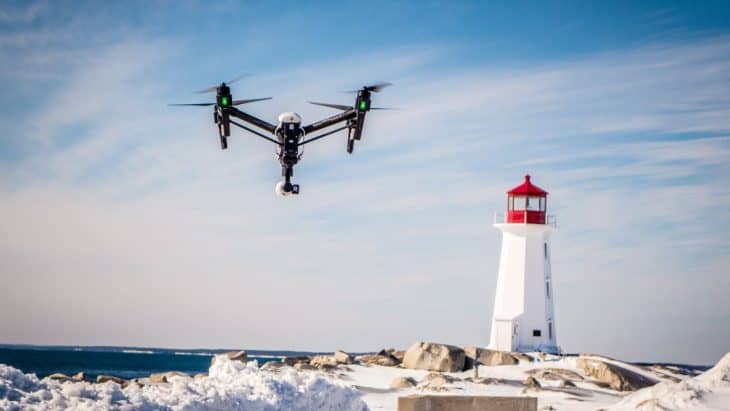Lately, there has been an increase in the use of drones either as a hobby or for professional purposes. Drones are Unmanned Aerial Vehicles and can be controlled by either use of a remote control or automatically programmed to fly around. While flying a drone at times crashing is inevitable, and it may end up broken or even damaged to be able to function again. That’s why most drone owners are taking the step and getting insurance for their drones. Drone insurance is just like any other insurance policy that covers for any liability or damage to a certain extent.
Drone insurance is relatively new, but it does save a lot of money if you are in an accident. The insurance policy is divided into two. One is the Hull damage which involves insuring damage related to the UAV and the second one is liability policy which refers to damage and claims to the third party.
The following are basic beginners guidelines to drone insurance:
• The first thing to ask yourself is, do you really need the insurance? If you have a simple drone that is used for recreation or as a hobby, then you can insure it under your homeowner’s insurance. This will save you a lot of money that come with insurance.
• Do research on the companies that offer drone insurance, how much you will be covered and how much it will cost. Each insurance company has different ways if working and exempt a lot of issues so ask before choosing one. But first, you have to register your drone and to have gotten approval by FAA under Section 333.
• An insurance company will ask a few questions such as how many hours have you flown your drone, do you keep a maintenance log, are you an FAA-licensed drone pilot and do you lease out your drone. They may also ask if you can record automatically your flight log and data and where you plan to operate your drone. These questions will determine if the insurance company will be able to cover your drone.
• Once the insurance company has given you go ahead, it is important to discuss with your insurer on the best option between the liability and hull.
• Make sure you have put everything in writing as it protects you, your clients and employees. You may sign a non-disclosure agreement to protect the company’s information. Know also how you can file a claim if the need arises.
You could lose your insurance cover if you do the following:
• You don’t register your serial number and not putting the correct identification numbers of your drone.
• You don’t log your flights and be able to prove what happened if you had any accident with the flight logo data.
• You don’t log all the battery cycles and maintenance changes.
• You don’t practice ethical flying illegal videos on YouTube.

